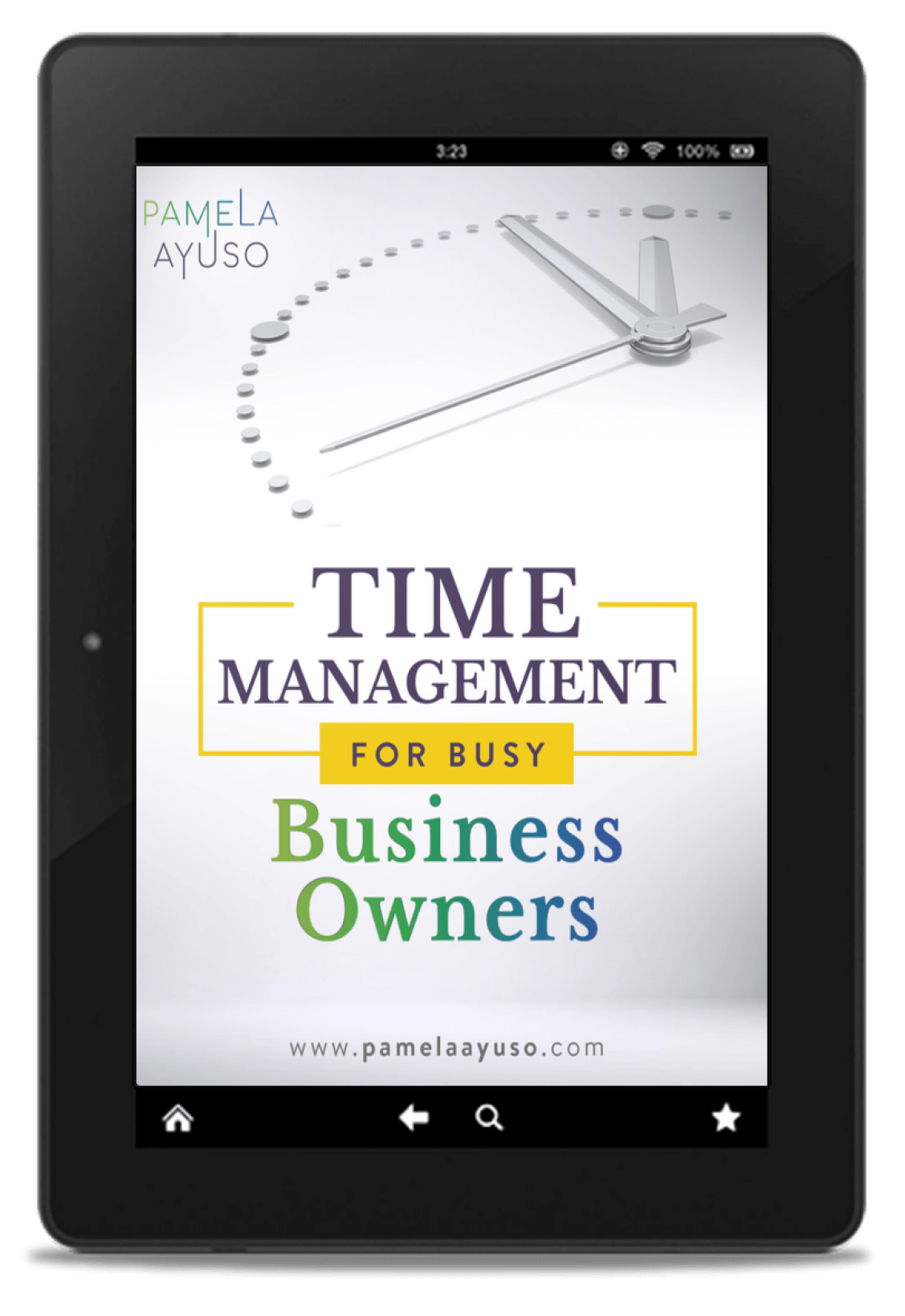I am convinced that one of the biggest threats to the adult mind is the amount of everyday information we store in it. All day, our brains are sifting through thousands of to-dos and incomplete items:
-
You forgot to return your client’s call.
-
The proposal has not gone out yet.
-
Taxes are going to be due soon, and you have not prepared the documentation.
-
The printer is acting up and will have to be repaired.
-
You need to start hiring for a new marketing position.
![[Photo: Joshua Coleman/Unsplash]](https://www.pamelaayuso.com/wp-content/uploads/2021/01/20180514-HowtoEmptyYourMindforBetterProblemSolving26Performance_02.jpg)
[Photo: Joshua Coleman/Unsplash]
It is relentless. The reminders do not stop until we complete the tasks. The brain’s goal is to make sure we survive, and this is one of the ways it helps us. And your brain is right: the information is useful and important.
The cost, however, is that we do not have space to think about anything else. We can not think strategically about our business or look ahead to new opportunities. Sometimes, we can not look at the big picture to solve overarching problems. We are merely surviving.
It doesn’t have to be like this: there is another way. The only reason your brain is cluttered is because it has not been emptied out. Your mind is just trying to help because it is the main mechanism you have to remember everything you need to do.
How to Empty Your Mind & Keep It Empty
Try a new method: as soon as something you have to do pops-up in your mind, write it down. The key is not only to write it down but also to make sure that you will take care of it later. In other words, the reminder should make its way into a to-do list that you truly cross off. Otherwise, your brain will not be fooled, and it will keep throwing reminders at you until you get things done.
You can try writing down all the tasks that come to mind today and keep doing that, as your week progresses. It will take a while to download all the undone items from your brain. It may also be frustrating because part of moving all these items to your to-do list is facing everything you need to do. It’s ok, you will get to the other side, and your brain will thank you.
However, don’t expect it to stop. Even if you emptied your mind, it will continue to point out all the new tasks you need to do. It will not quit, but the reminders will decrease substantially.
![[Photo: Oldskool Photography/Unpslash]](https://www.pamelaayuso.com/wp-content/uploads/2021/01/20180514-HowtoEmptyYourMindforBetterProblemSolving26Performance_01.jpg)
[Photo: Oldskool Photography/Unpslash]
The basic goal is to keep writing down the items on your to-do list as they show up. The more advanced goal, though, is to notice patterns and use those (not-so-subtle) nudges by your brain, to take your game to a different level.
As you start getting practice with emptying out your mind, you will notice there are recurring themes. For example every month, you have to remember to reconcile your bank accounts. Your brain starts prompting you around the second of every month. This reminds you to find a space for it in your busy schedule. Your brain continues to point out that you have not reconciled your accounts until it gets done.
To eliminate this recurring problem, you can set up a monthly reminder on the first of each month. You could even schedule the time on your calendar for the entire year, so the space is set up, and you know the monthly bank reconciliation will be done on time. By planning for your bank reconciliation, you will not even give your brain a chance to remind you.
There will be other cues that may indicate a problem. Perhaps you start to realize that you are always the reminder for one of your employees. You can try writing the missing items on your to-do list as much as you want, but this will not eliminate the root of your problem. It is possible that this employee has not developed a good method for keeping track of to-do’s, and needs to be trained on setting up and managing a to-do list.
Once your mind is freer, it will start helping you solve problems at a higher level. You will be able to look at patterns of emerging events that can indicate a future problem, such as an employee’s behavior or a client’s purchasing tendency. You can then focus your energy on diffusing situations, taking preemptive steps to fix the problems and even thinking strategically about new business opportunities.
Keep Growing Your Business
As you keep growing, there will be new tasks. Just follow the same process for downloading and solving problems. Make sure to maintain your vigilance and keep emptying out your mind. Your greatest asset for growing your business is your mind, and it is there to help you get it done.



